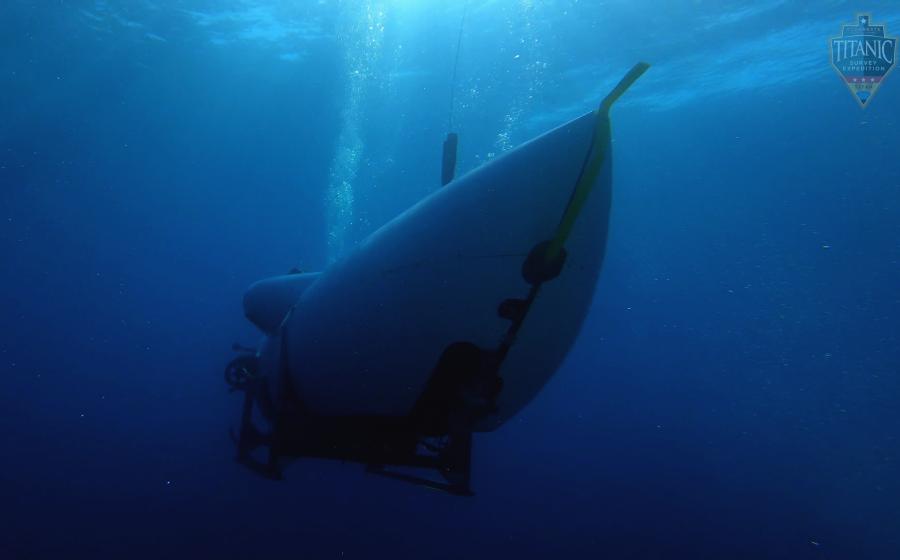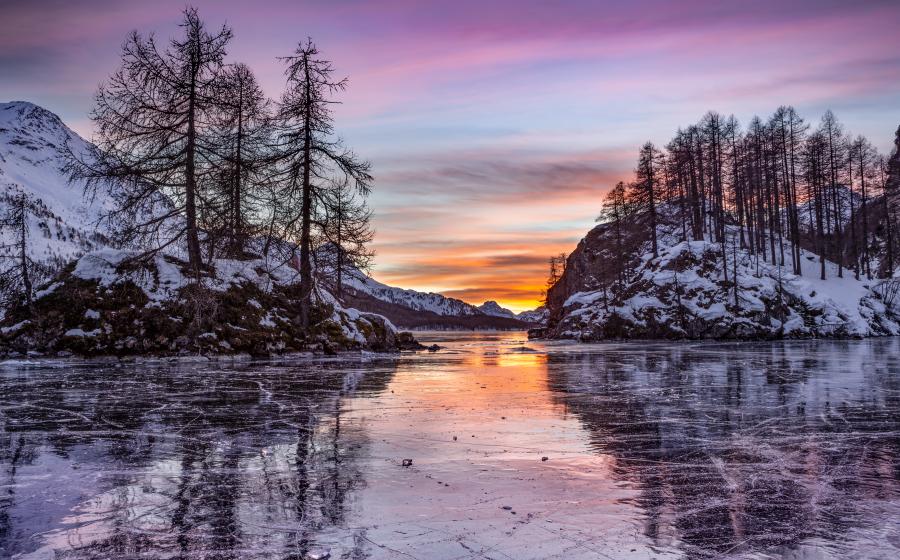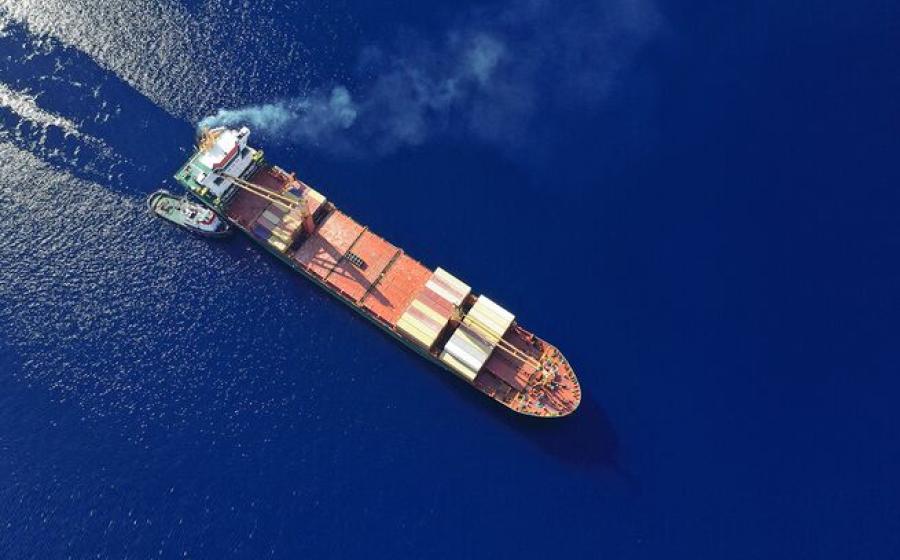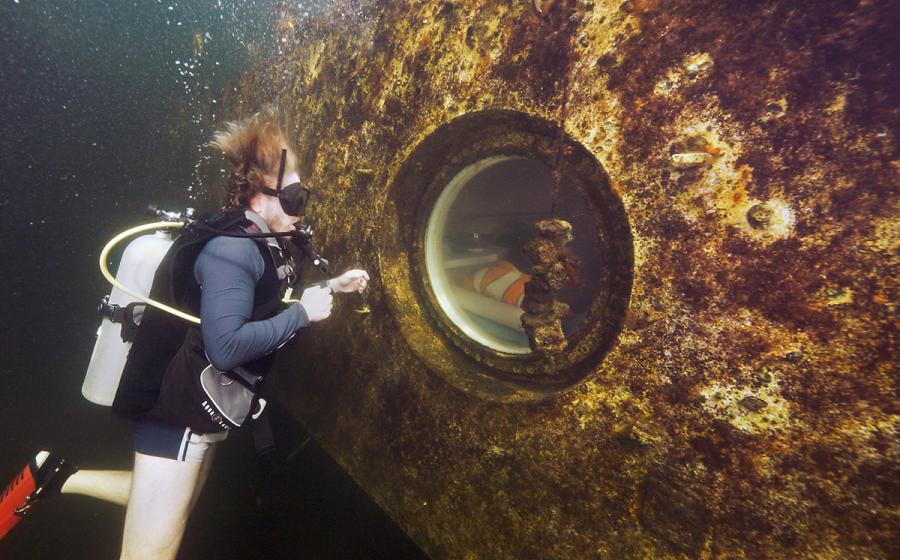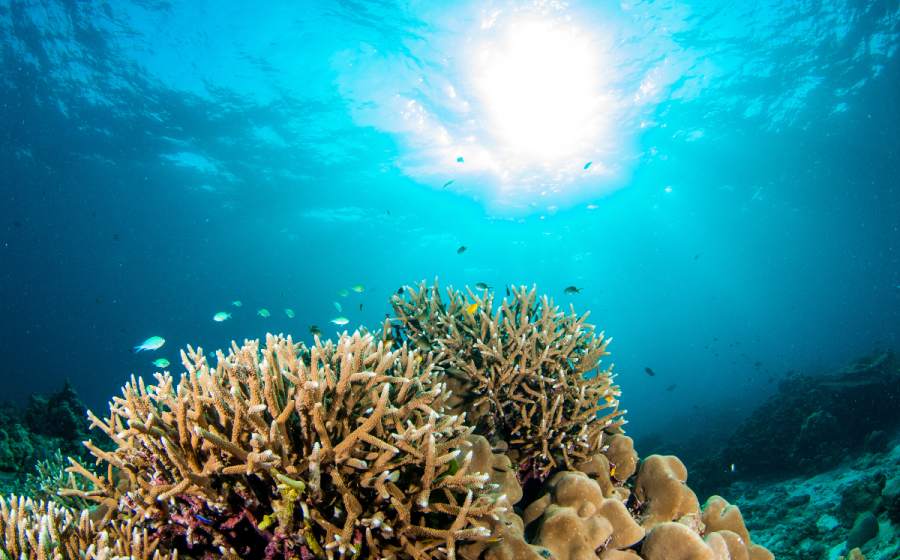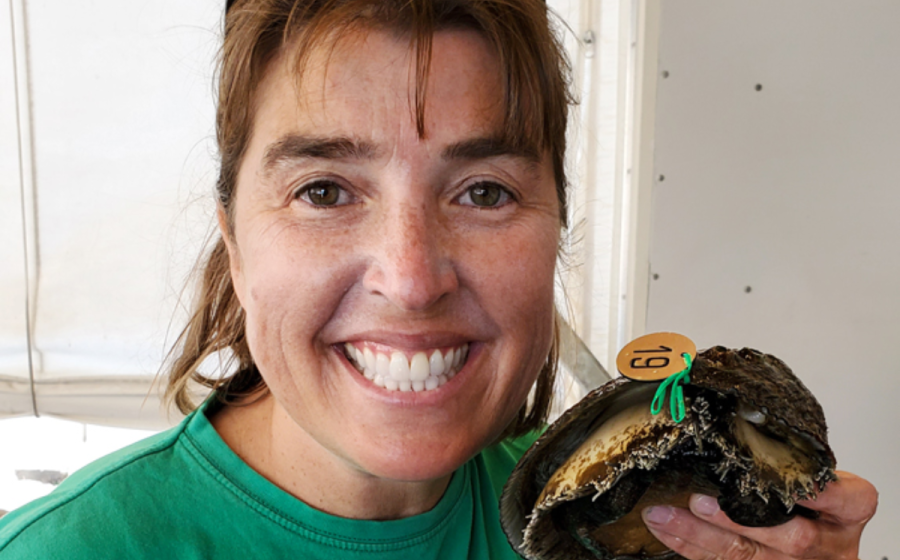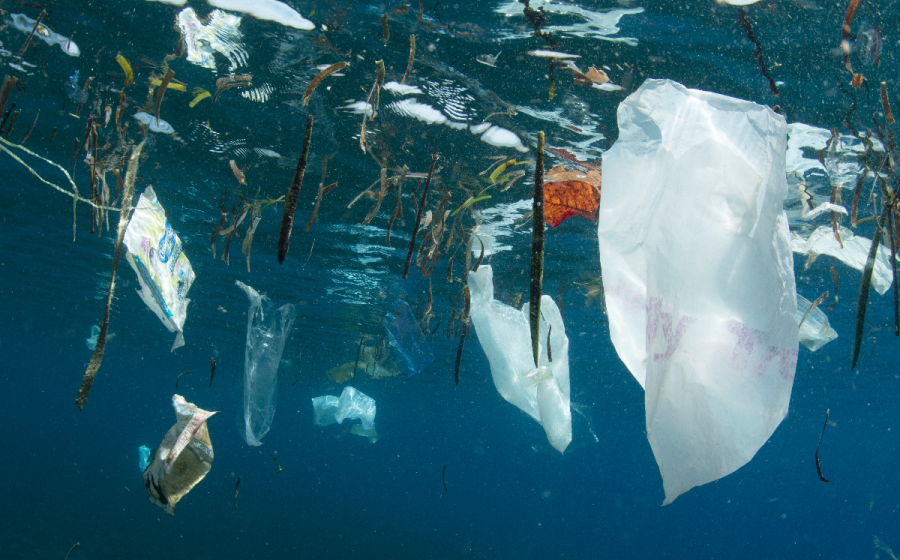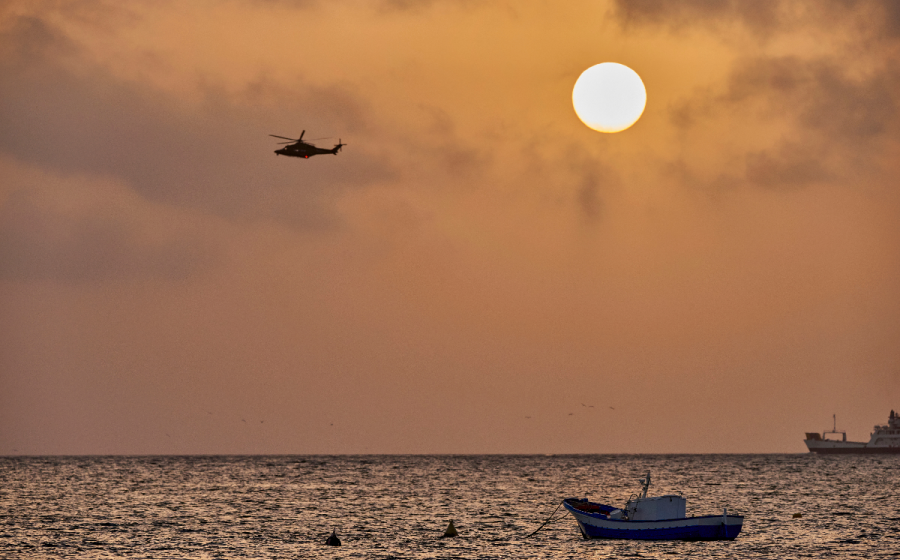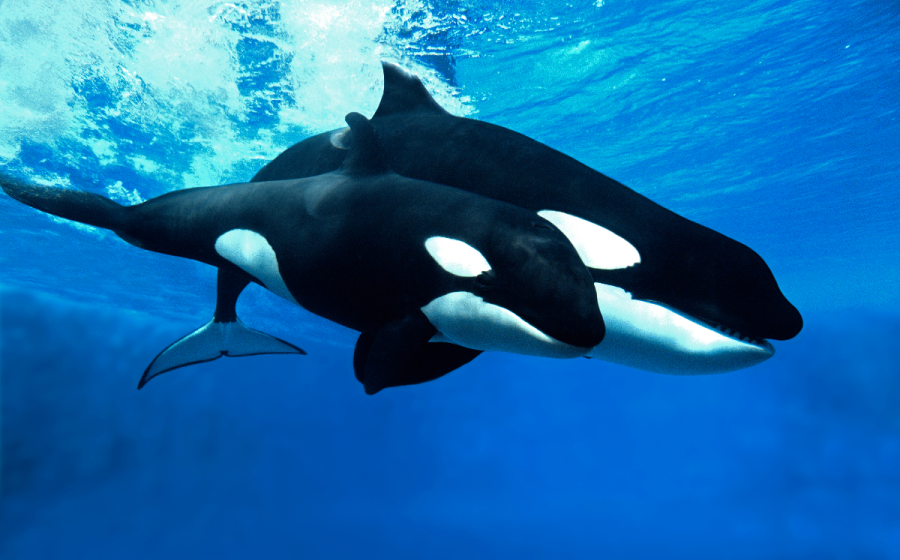During a 2022 Titanic Expedition, researchers made a thrilling discovery near the infamous wreck: a never-before-seen deep-ocean rocky reef.
A 40-year-old Czech freediver has broken the world record for diving beneath ice to a depth of more than 164 feet without a wetsuit.
Good news for ocean biodiversity and those whose lives (and hobbies!) depend on the health of the sea – United Nations members have agreed on an unprecedented treaty to protect nearly two-thirds of the open ocean.
Undersea explorer and educator Joe Dituri sets out to break the Guinness World Record for the longest underwater habitation while conducting groundbreaking research in biomedical and marine science.
University of Miami researchers report that some coral reefs in the tropical Pacific Ocean could defy projections of imminent extinction thanks to their ability to adapt to changing conditions.
For her dedication, many talents and passion for restoring species in her local community, Nancy Caruso is our March Sea Hero.
In 1972, scientists discovered the Great Pacific Garbage Patch; today, we’re still struggling under the weight of our trash and we're still adding to it.
A family and a community are rejoicing after a freediver who was swept out to sea was rescued alive hours later by his family.
Orca moms “baby” their adult sons and continue to hunt for them well into adulthood – a move that could harm endangered populations in terms of new births, research shows.

